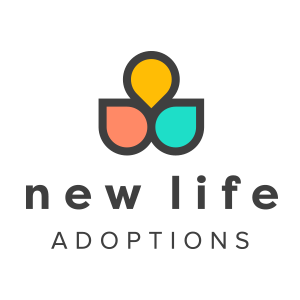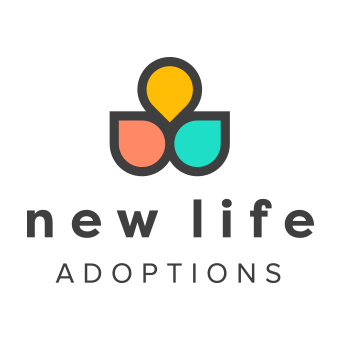If you have experienced infertility, you are not alone. The CDC reports that “In the United States, among married women aged 15 to 49 years with no prior births, about 1 in 5 (19%) are unable to get pregnant after one year of trying”* (www.cdc.gov). Despite the common occurrence of infertility, those who experience it often feel like they are the only ones.
We know that many couples who explore adoption have experienced infertility or secondary infertility. While adoption can be a great option for these couples to grow their family, it is important to work through the feelings of grief and loss associated with infertility before starting the adoption process. If this is not worked through, it can cause the grief and loss that is inherent in the adoption process to be magnified. It can also lead to unrealistic and unintended expectations on the adopted child for years to come.
Lasting Impacts
As Debbie Riley and John Meeks state in their book, Beneath the Mask: Understanding Adopted Teens, regarding the adolescent years, “When infertility issues have not adequately been explored and at least accepted, if not resolved, the adoptive parents often carry tremendous expectations for their adopted children. They are very likely to project the fantasy of the birth child they imagine they would have had onto their adopted child” (124-125). Riley and Meeks go on to say, “The parents are often at least dimly aware of the source of their disappointment. They are often surprised and uncomfortable to recognize that at this late stage in the game they are still holding on to issues related to the loss of the birth child” (125).
Holly van Gulden and Lisa M. Bartels-Rabb share this idea, too, in their book Real Parents, Real Children: Parenting the Adoption Child. They state, “For the sake of the adopted child and the family as a whole, parents need to recognize and work through their feelings about their infertility. If one or both parents are stuck in any of the phases of grief, attachment with the child may be inhibited—if not now, then perhaps later when he becomes an adolescent” (van Gulden and Bartels-Rabb, 35). While this may sound alarming, working through your grief and loss before starting your adoption journey can be very beneficial to reducing the impact on future adoptive children.
Working Through Infertility
Everyone’s infertility journey is different; therefore, working through the grief and loss of infertility will look different for everyone. It may involve thinking through or journaling about your thoughts and feelings regarding your infertility. It is a good idea to talk as a couple to make sure you are both on the same page about moving in a different direction. For some, it may also include talking with a therapist experienced in adoption and infertility. This may mean meeting either individually or as a couple to work through the grief and loss you are experiencing. We know that this is not an easy step, but it is an important one.
Our Expectations
New Life Adoptions has a few expectations for families who are beginning their adoption journey through our agency. These expectations are designed to help ease the process. We also want to help equip couples to be the best adoptive parents that they can be. One of those expectations is that families have some level of resolution regarding their infertility.
We recognize that a couple is never fully healed emotionally when they deal with infertility. However, we ask that there be some resolution in this area if you have experienced infertility. The adoption process is not always easy. We want you to be able to fully put your time and energy into this process. It can be very hard to have one foot in fertility treatments and one foot in adoption. We ask that you not be involved with medical treatments for infertility and the adoption process at the same time. Both are very important, time-consuming, and, at times, stressful.
If you are experiencing infertility and need additional support and resources, Creating a Family has great information about both infertility and adoption. Contact us to learn more about the adoption process.
Resources
Empty Womb, Aching Heart: Hope and Help for Those Struggling with Infertility by Marlo Schalesky
Hannah’s Hope: Seeking God’s Heart in the Midst of Infertility, Miscarriage, and Adoption Loss by Jennifer Saake
Loved Baby: 31 Devotions Helping you Grieve and Cherish Your Child after Pregnancy Loss by Sarah Philpott
References
U.S. Department of Health & Human Services, “Reproductive Health: Infertility Frequently Asked Questions”, Centers for Disease Control and Prevention, Reviewed May 15, 2024, https://www.cdc.gov/reproductive-health/infertility-faq/?CDC_AAref_Val=https://www.cdc.gov/reproductivehealth/infertility/index.htm, Date of Access: March 13, 2025.
*Statistic updated 5/15/2024
Riley, Debbie, and Meeks, John. Beneath the Mask: Understanding Adopted Teens. C.A.S.E. Publications, 2006.
Van Gulden, Holy, and Bartels-Rabb, Lisa M. Real Parents, Real Children: Parenting the Adopted Child. The Crossroad Publishing Company, 2000.




